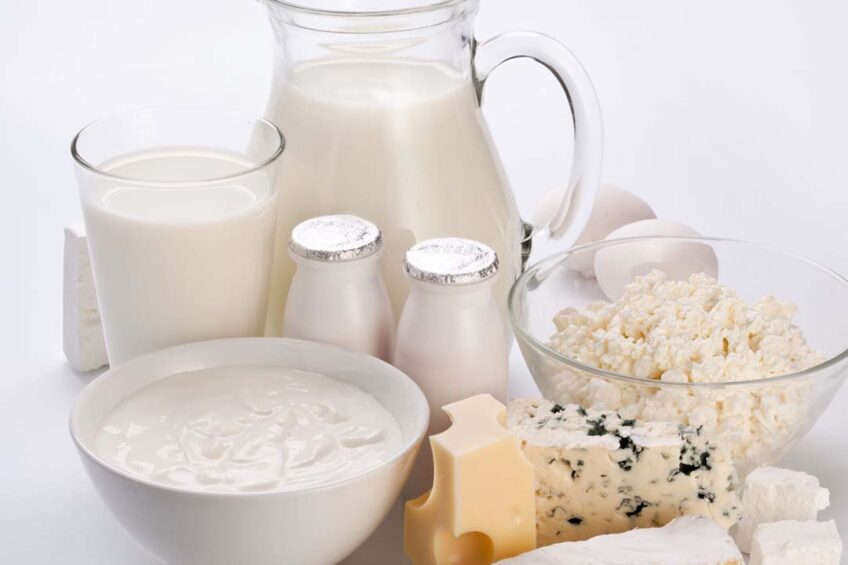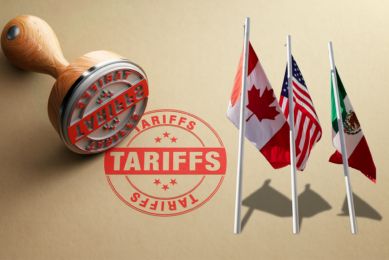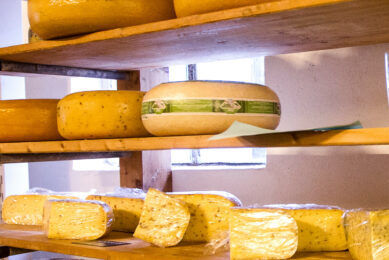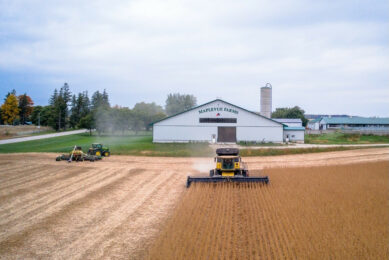Milk without cows: New regulatory ruling in Canada

As the market for animal-free ‘milk’ expands across the globe, an Israeli company called Remilk has just been permitted to sell its ‘milk’ protein to dairy firms and other food companies in Canada. Developments such as these may affect demand for conventional dairy products and milk production levels on farms.
Animal-free milk ingredients are made using modified yeast in a process referred to as ‘precision fermentation.’
Regulator has ‘no objection’
On 5 February, company leadership at Remilk confirmed they had received a “letter of no objection” from Health Canada, allowing Remilk to market its version of the BLG (β-Lactoglobulin) protein, the main whey protein in cow’s milk. This protein can be used to make a range of dairy products that look and taste like traditional milk, cheese, yogurt and ice cream.
Health Canada determined that that the BLG protein produced by Remilk “does not pose a greater risk to human health than whey protein from cow’s milk that is currently available on the Canadian market” and “is no different in nutritional value”.
InFood in Canada magazine, the CEO of the Canadian Food Innovation Network called this ruling a milestone that “not only propels Canada into the forefront of sustainable food solutions, but also signals a transformative era in our food supply. This approval paves the way for a more resilient and eco-friendly future, setting a precedent for innovation in Canada’s approach to feeding its growing population.”
Remilk and Perfect Day had received similar ‘no questions’ letters in the US from the US Federal Drug Administration (FDA) in 2020 and 2023. ImaginDairy received its US permissions just last month in January 2024.
Production news
Remilk is said to be the world’s largest animal-free milk producer. The company opened a 750,000-square-foot plant in Kalundborg, Denmark, with annual production that replaces the milk of 50,000 cows.
Canada’s traditional dairy market
Global analysis firm Statista has determined that the monthly GDP for traditional dairy products in Canada for 2023 was lower than every year going back to 2015. However, Statistics Canada showstotal monthly milk sold by Canadian farmers increased from being in the low 600,000 litre range in 2015 to the upper 700,000 range in 2023.
On 5 February 2024, the government of Canada announced an investment of up to $89 million for 49 projects across Canada to mitigate the impact of international trade agreements. ”Through this funding, dairy…processors are able to purchase and install new automated equipment and technology, allowing them to boost their production capacity and productivity, while also helping them respond to environmental challenges and labour shortages.”
Project examples include milk pasteurisers, ultrafiltration systems and robotics for packaging systems.
Join 13,000+ subscribers
Subscribe to our newsletter to stay updated about all the need-to-know content in the dairy sector, two times a week.










